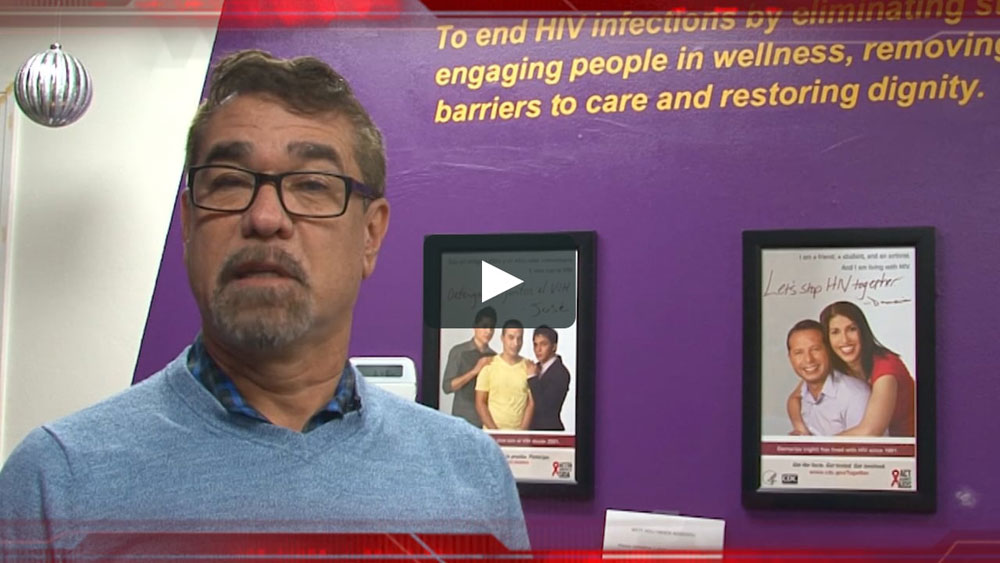
May 24, 2020; New York Times
As the nation nears a death toll of 100,000 from the novel coronavirus, on Sunday, the day before Memorial Day, the New York Times, drawing on obituaries published across the country, printed 1,000 names on its front page to honor all who have passed.
It is hard, maybe impossible, to fully take in the enormity of the loss that has transpired. The Times itself notes, “The immensity of such a sudden toll taxes our ability to comprehend, to understand that each number adding up to 100,000 represents someone who was among us just yesterday.”
Many more have died in obscurity than have had obituaries. Another New York publication, The City, reported earlier this month that, “Fewer than five percent of the nearly 20,000 New Yorkers killed by coronavirus so far have been remembered with a paid or staff-written news outlet obituary or other death notice.”
Sign up for our free newsletters
Subscribe to NPQ's newsletters to have our top stories delivered directly to your inbox.
By signing up, you agree to our privacy policy and terms of use, and to receive messages from NPQ and our partners.
At NPQ, we don’t purport to remedy this, but it did seem like an appropriate time to remember at least a few of those who have passed.
- Garry Bowie was executive director of Being Alive in West Hollywood, California, and had previously helped found—and served as the initial executive director of—the Long Beach AIDS Foundation. Bowie, who had lived with HIV for over 25 years, died last month from the novel coronavirus, at the age of 59. A memorial page is here.
- Maurice Berger most recently served as chief curator at the Center for Art, Design, and Visual Culture at the University of Maryland, Baltimore County (UMBC). While at UMBC, Berger also curated a 2015 exhibit on television at New York City’s Jewish Museum. Berger devoted much of his writing to critiques of whiteness in the art world. He died of complications from coronavirus in March at the age of 63.
- Rafael Leonardo Black, a New York City artist born in Aruba, had his first gallery art show in 2013 at the age of 64, after decades of work. The show was a success, and he thought he might one day use the proceeds to travel back home to Aruba, but he never got there. He died of COVID-19 at the age of 71 this month.
- Prisons, as we know, have been a hotspot of COVID-19 cases. The nonprofit Marshall Project, which is tracking cases, has recorded 415 deaths so far. We don’t know many of the prisoners’ names, but one whose name we do know is Timothy Bazrowx, a contributing writer for the Marshall Project and author of three book-length memoirs totaling 1,000 pages. He died in a prison hospital in Galveston, Texas last month at the age of 63.
- Marie Pino is among 142 Navajo to lose their lives to COVID-19. As a child, Pino was sent to a boarding school in Oklahoma. Her daughter Natalie told the Times that her mother devoted her life to teaching “out of a belief that Native American children should have the option of attending public school near their home instead of boarding schools established with the objective of assimilating Indigenous children.” Pino died in May at the age of 67, one month after her son Marcus, age 42, who coached basketball at the high school where Pino taught, also passed away from the virus.
- Lorena Borjas was an activist who emigrated from Mexico to the US in 1980. Daniel Slotnick writes, “When transgender women in Queens needed a safe place to be tested for HIV, Lorena Borjas turned her home into a clinic.” Over the years, she helped bail out over 50 and helped over 100 trans people obtain immigration and/or legal support, aiming to break “the arrest-jail-deportation cycle.” She had just become a US citizen in 2019. She died last month in a Brooklyn hospital from COIVD-19 at the age of 59.
These of course are just six people out of nearly 100,000. A number of sources list the names of others, including school teachers, union members, artists, musicians, and health care workers.
We may want to look away, but It’s important to remember. After all, it is by recalling the stories of those who are now gone that we may hope to ensure that their dreams do not pass with their lives.—Steve Dubb












